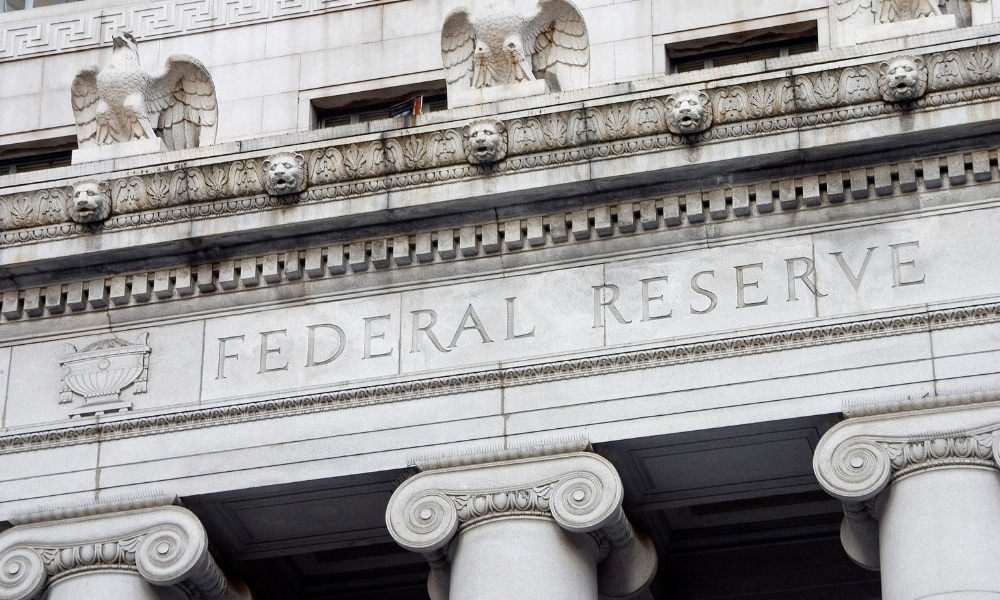President fails to contain frustration with Fed Chair before central bank reveals latest interest-rate decision

The US Federal Reserve has, as expected, kept its benchmark interest rate in the 4.25% to 4.5% target range.
The most recent US inflation rate hit 2.35% and in sight of the central bank’s 2% target but uncertainty around the conflict in the Middle East, the impact of tariffs, and Trump’s spending bill shows no sign of abating. It’s amid this backdrop that the Fed has opted to stay pat while keeping the door open for rate cuts later in the year.
The statement read: "Although swings in net exports have affected the data, recent indicators suggest that economic activity has continued to expand at a solid pace. The unemployment rate remains low, and labor market conditions remain solid. Inflation remains somewhat elevated.
"The Committee seeks to achieve maximum employment and inflation at the rate of 2 percent over the longer run. Uncertainty about the economic outlook has diminished but remains elevated. The Committee is attentive to the risks to both sides of its dual mandate."
US investments have, in many cases, underperformed this year because of policy-driven tail winds. The size of the US markets, however, means most investors – both institutional and retail – have no choice but to participate, although some portfolio managers have opted to trim US exposure.
The benchmark interest rate and an easing of borrowing, therefore, is seen by Trump as a key lever in charging up the economy. Before the Fed’s latest policy statement, he could not contain his frustration at Powell.
Speaking outside the White House just hours before the Federal Open Market Committee’s anticipated announcement, Trump expressed little confidence that policymakers would ease borrowing costs.
“So we have a stupid person. Frankly, you probably won’t cut today,” Trump told reporters as per CNBC. “Europe had 10 cuts, and we had none. And I guess he’s a political guy, I don’t know. He’s a political guy who’s not a smart person, but he’s costing the country a fortune.”
Since returning to office in January, he has urged Powell to act quickly to reduce the cost of financing. Apart from softer inflation readings and Powell's history of being "too late," Trump has also highlighted mounting interest payments on federal debt as a top concern.
Recent Treasury data shows the US paid $776 billion in interest over the past eight months – a 7 percent increase compared with the same stretch last fiscal year. Trump has argued that even a modest reduction in rates could result in substantial fiscal relief.
Despite a private meeting between Powell and Trump earlier this year, tensions have escalated. Trump has repeatedly questioned the Fed’s inflation concerns and suggested Powell’s decisions are either politically motivated or personally antagonistic.
“If he’s worried about inflation, that’s OK. I understand that. I don’t think there’s going to be any. So far there hasn’t,” Trump said Wednesday. “But now we have a man that just refuses to lower the Fed rate, just refuses to do and he’s not a smart person.”
At one point, Trump floated the idea of assuming leadership at the central bank himself. “I’d do a much better job than these people,” he said.



